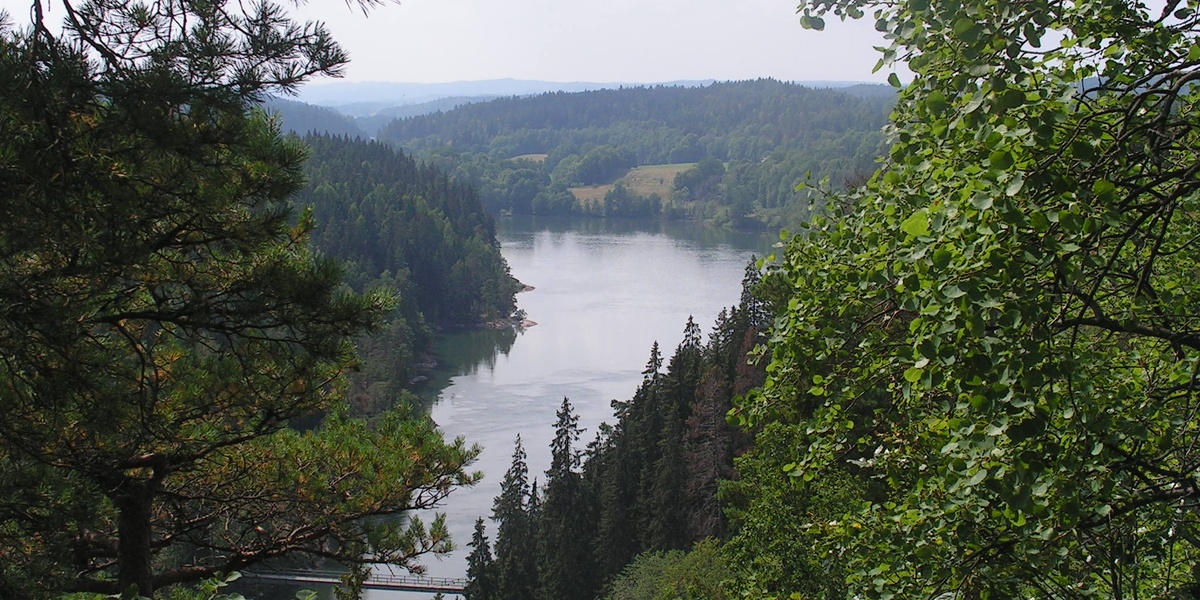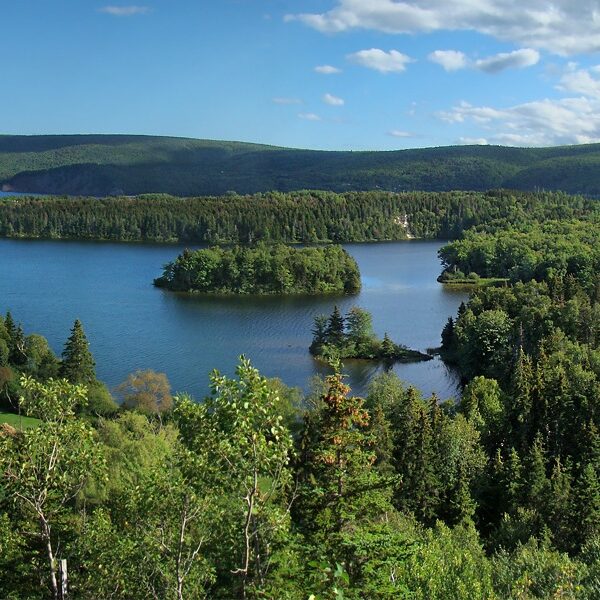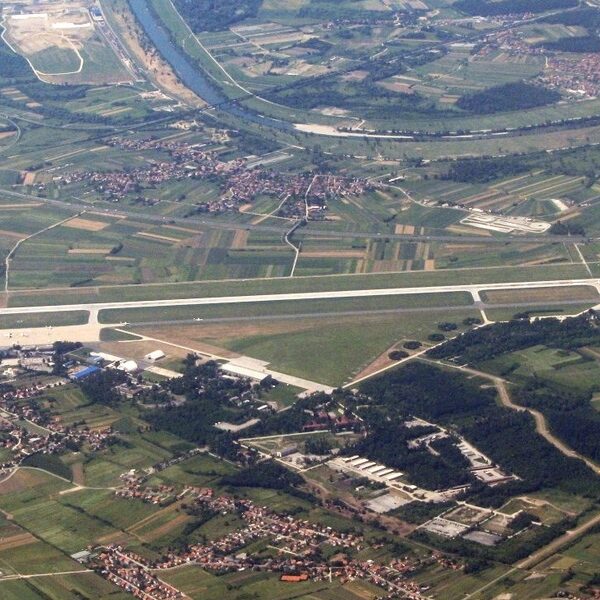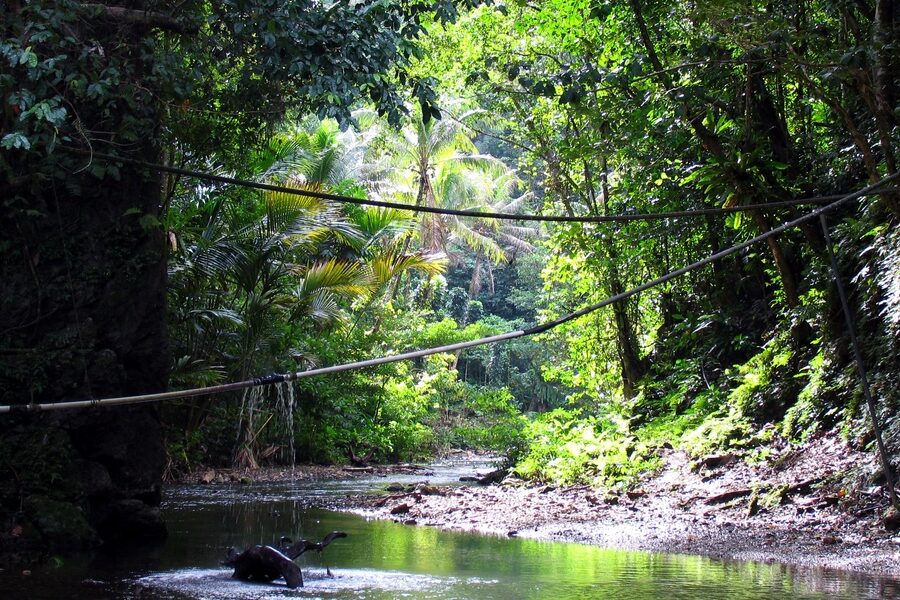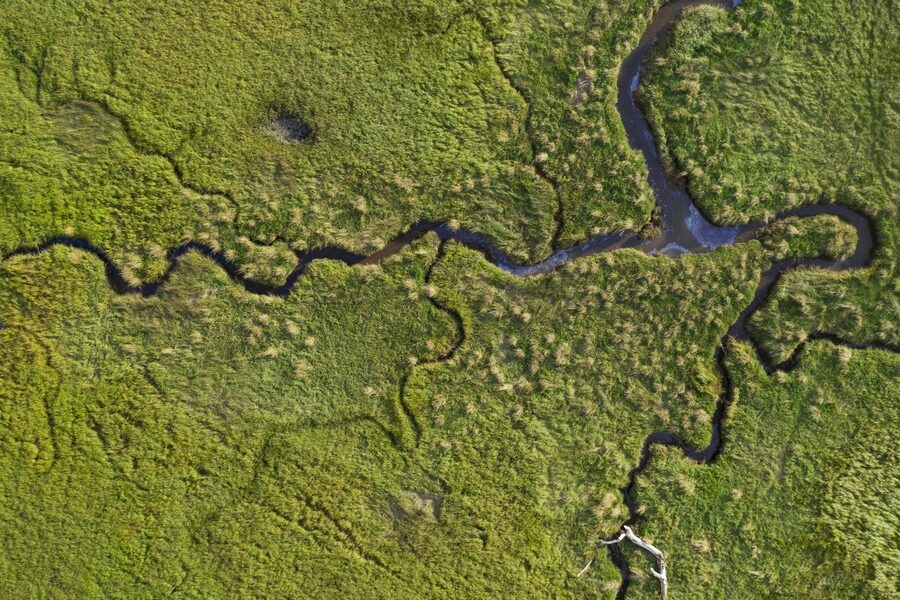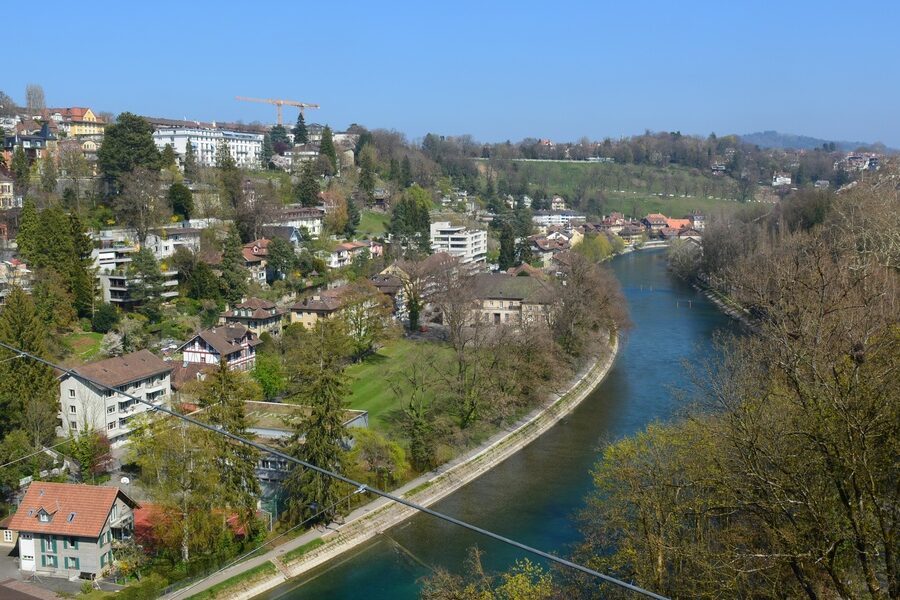Sweden’s rivers carve forests, lakes and towns into a varied map of waterways that shape local life, transport and outdoor recreation. They run from lowland meanders to fast northern channels, reflecting geology, climate and seasonal flow patterns.
There are 20 Rivers in Sweden, ranging from Dalälven to Ångermanälven. For each river you’ll find below data organized as Length (km),Source -> Mouth,Counties / notable towns to help you compare size, route and nearby settlements — you’ll find below.
Which rivers are best for canoeing or fishing in Sweden?
Pick rivers with long, accessible stretches and calm flow for canoeing — many central and southern rivers (like parts of Dalälven) suit multi-day trips; northern rivers offer more remote, challenging paddling. For fishing, look for rivers with protected stretches and known salmon or trout runs; local angling associations and county guides list seasons, permits and recommended reaches.
Why do listed river lengths differ between sources?
Lengths vary because some sources measure only the main stem while others include headwater streams or tidal extensions, and methods differ (map scale, GIS vs older surveys). Seasonal changes, dams and natural channel shifts can also alter reported figures.
Rivers in Sweden
| Name | Length (km) | Source -> Mouth | Counties / notable towns |
|---|---|---|---|
| Klarälven | 460 | Norwegian mountains -> Lake Vänern | Värmland, Karlstad |
| Göta älv | 93 | Lake Vänern -> Kattegat (Gothenburg) | Västra Götaland, Gothenburg |
| Dalälven | 541 | Dalarna highlands -> Gulf of Bothnia near Gävle | Dalarna, Gävle |
| Torne älv | 522 | Scandinavian mountains -> Gulf of Bothnia at Haparanda | Norrbotten, Haparanda |
| Lule älv | 460 | Scandinavian mountains -> Gulf of Bothnia at Luleå | Norrbotten, Luleå |
| Kalix älv | 450 | Scandinavian mountains -> Gulf of Bothnia at Kalix | Norrbotten, Kalix |
| Pite älv | 400 | Scandinavian mountains -> Gulf of Bothnia at Piteå | Norrbotten, Piteå |
| Skellefte älv | 410 | Mountain sources -> Gulf of Bothnia at Skellefteå | Västerbotten, Skellefteå |
| Ume älv | 470 | Upland lakes -> Gulf of Bothnia at Umeå | Västerbotten, Umeå |
| Vindelälven | 450 | Vindelfjällen -> Joins Umeälven | Västerbotten, Vindeln |
| Ångermanälven | 460 | Mountain streams -> Gulf of Bothnia near Kramfors | Västernorrland, Kramfors |
| Indalsälven | 430 | Jämtland mountains -> Gulf of Bothnia at Sundsvall | Jämtland, Sundsvall |
| Ljusnan | 430 | Härjedalen highlands -> Gulf of Bothnia near Hudiksvall | Gävleborg, Hudiksvall |
| Lagan | 244 | Småland highlands -> Kattegat near Laholm | Kronoberg, Laholm |
| Ätran | 240 | Västergötland uplands -> Kattegat at Falkenberg | Halland, Falkenberg |
| Nissan | 200 | Småland highlands -> Kattegat at Halmstad | Halland, Halmstad |
| Emån | 220 | Småland uplands -> Baltic Sea near Mönsterås | Kalmar, Mönsterås |
| Mörrumsån | 185 | Småland/Blekinge uplands -> Baltic Sea at Mörrum | Blekinge, Mörrum |
| Helge å | 190 | Småland lakes -> Hanö Bay (Baltic) at Kristianstad | Skåne, Kristianstad |
| Motala Ström | 100 | Lake Vättern -> Baltic Sea at Norrköping | Östergötland, Motala |
Images and Descriptions
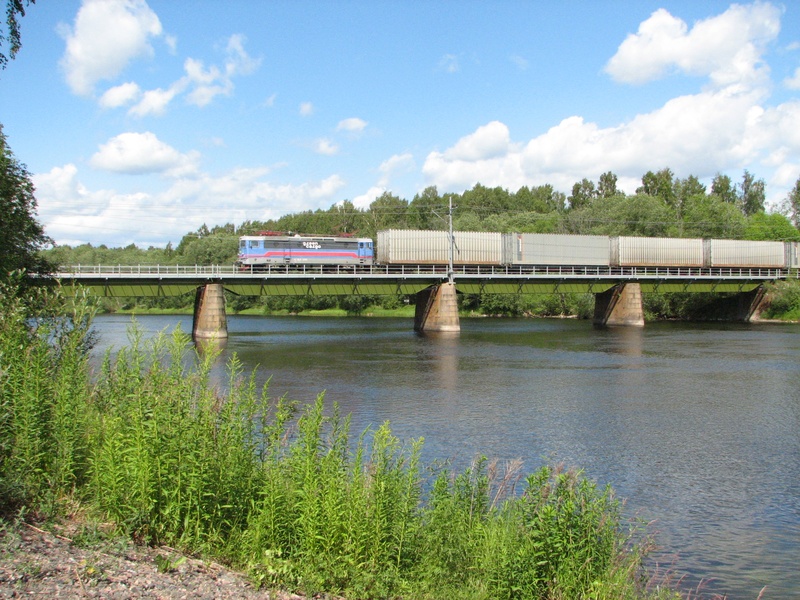
Klarälven
Klarälven flows south from the Scandinavian mountains in Norway into Sweden and empties into Lake Vänern. It runs through Värmland and passes towns such as Torsby and Hagfors. It forms the upper part of the long Klarälven–Göta älv system that drains Vänern to the sea. It features wide valleys, forests, and historic timber transport routes. Include it because it is a major source river for Sweden’s longest river system.
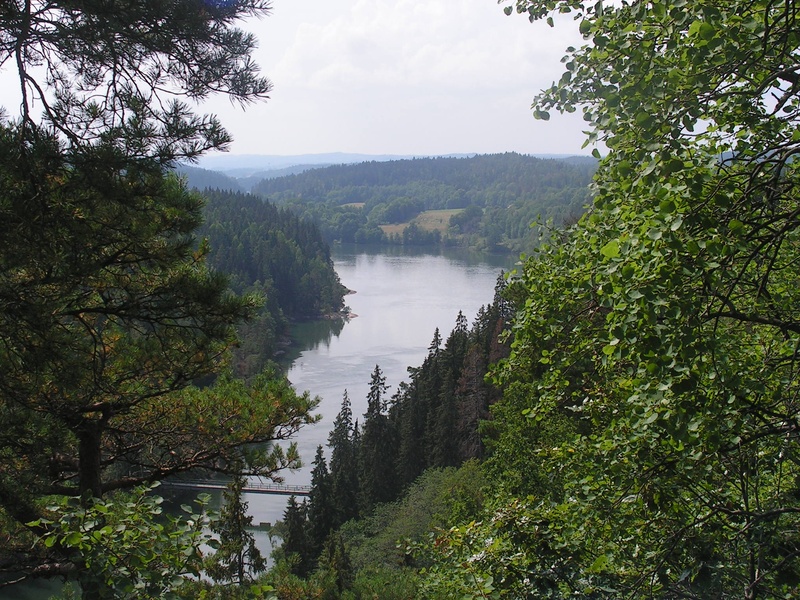
Göta älv
Göta älv runs from Lake Vänern to the North Sea at Gothenburg. It flows through Trollhättan and Gothenburg in Västra Götaland county. It serves as Vänern’s outlet and supports shipping, hydro plants, and river locks. It is central to Sweden’s industry and transport history.
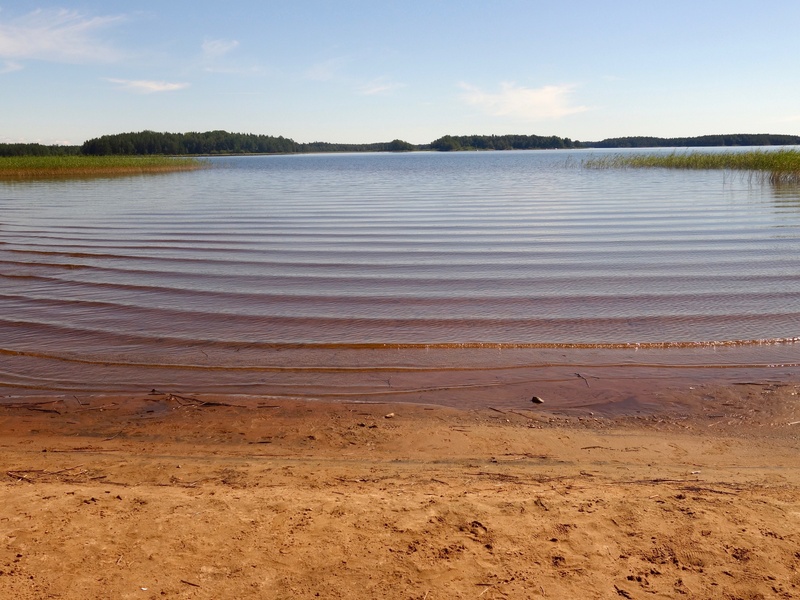
Dalälven
Dalälven flows east from the mountains of Dalarna toward the Bothnian Sea. It crosses Dalarna and Gävleborg and passes towns like Avesta and Borlänge. It drains a large inland area and powers several dams. It is a major river in central Sweden.
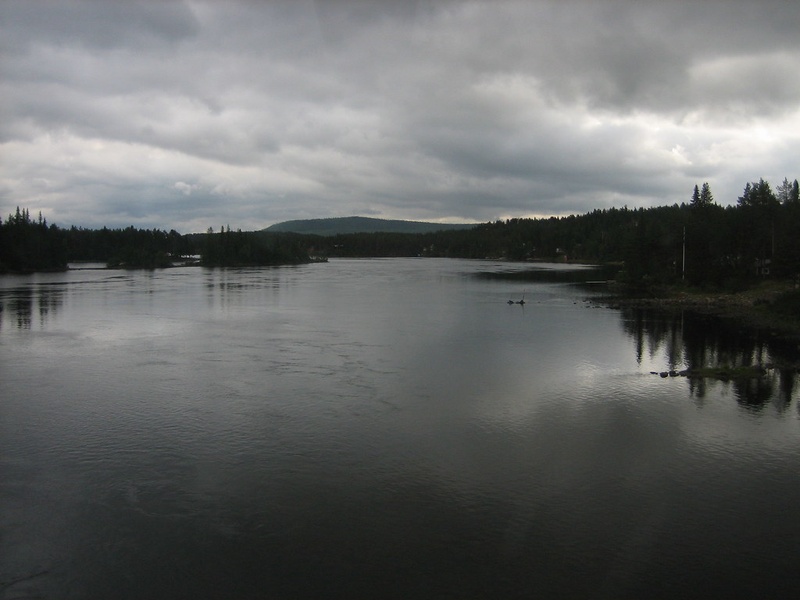
Torne älv
Torne älv forms much of the border between Sweden and Finland in Norrbotten. It flows north to the Gulf of Bothnia at Haparanda and Tornio. It remains largely free-flowing and has strong cultural and natural value. It is included because of its border role and large northern basin.
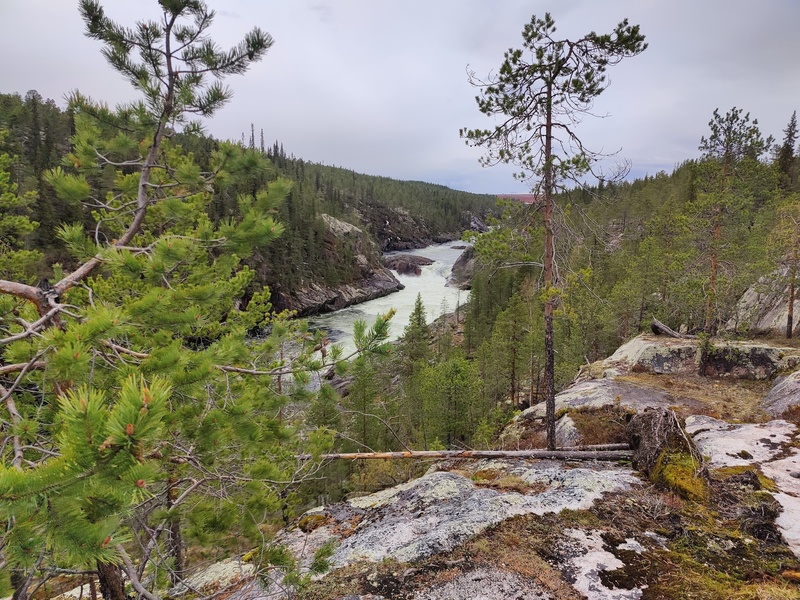
Lule älv
Lule älv runs from the mountains of Swedish Lapland to the Bothnian Bay at Luleå. It flows through Norrbotten and passes towns such as Boden and Luleå. It hosts many hydroelectric dams and reservoirs. It is one of the main rivers for Sweden’s power production.
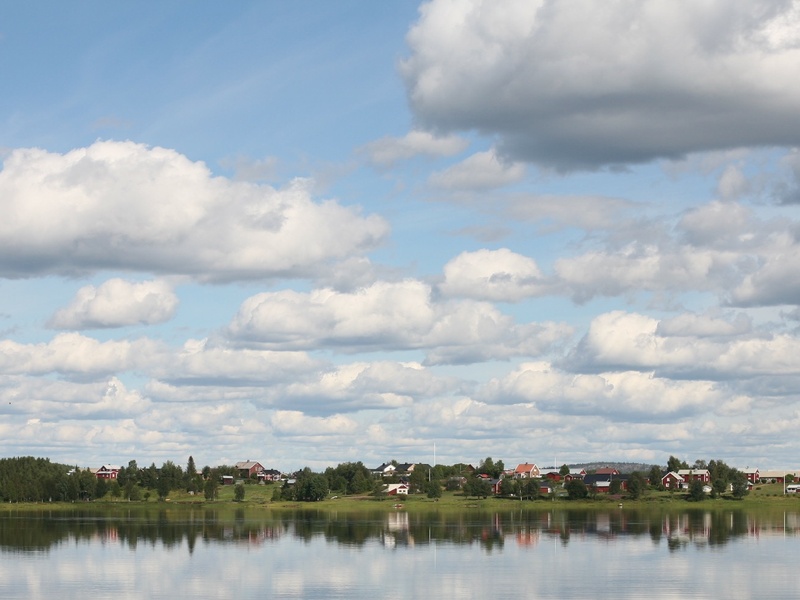
Kalix älv
Kalix älv flows in northern Norrbotten to the Bothnian Bay at Kalix. It runs through wild, sparsely settled land and retains long free-flowing stretches. It has high natural and ecological value and supports local fishing. It is notable for its near-pristine condition.
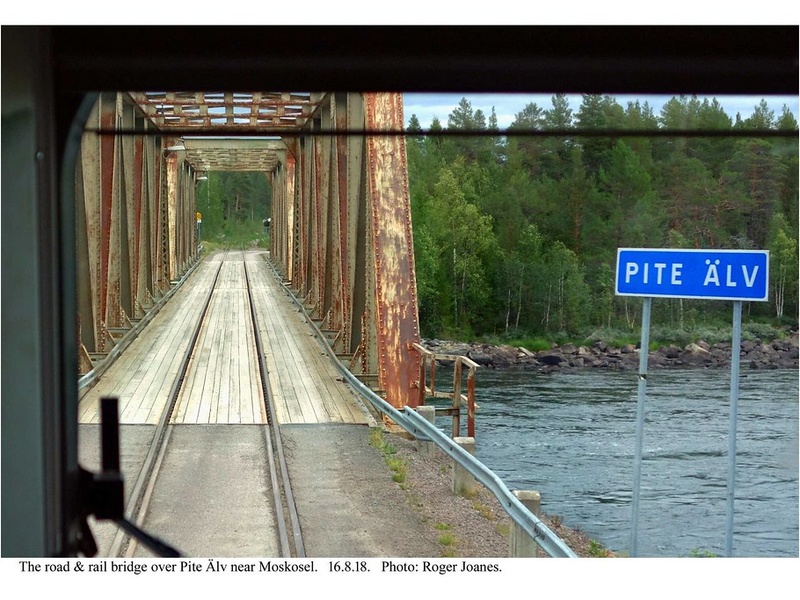
Pite älv
Pite älv flows from the mountains into the Bothnian Bay at Piteå in Norrbotten. It crosses forested valleys and includes rapids and waterfalls. Parts of the river are used for hydroelectricity, while other sections remain wild. It is important for fishing and outdoor recreation.
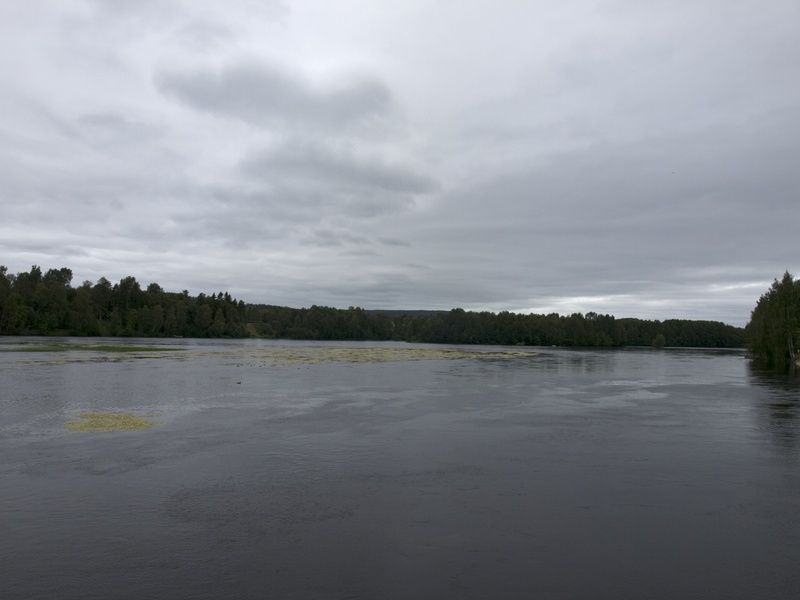
Skellefte älv
Skellefte älv runs to the Bothnian Sea at Skellefteå in Västerbotten. It passes mining and forestry areas and serves hydroelectric plants. It supports towns like Skellefteå and local industry. It is a key river in northern Sweden’s economy.
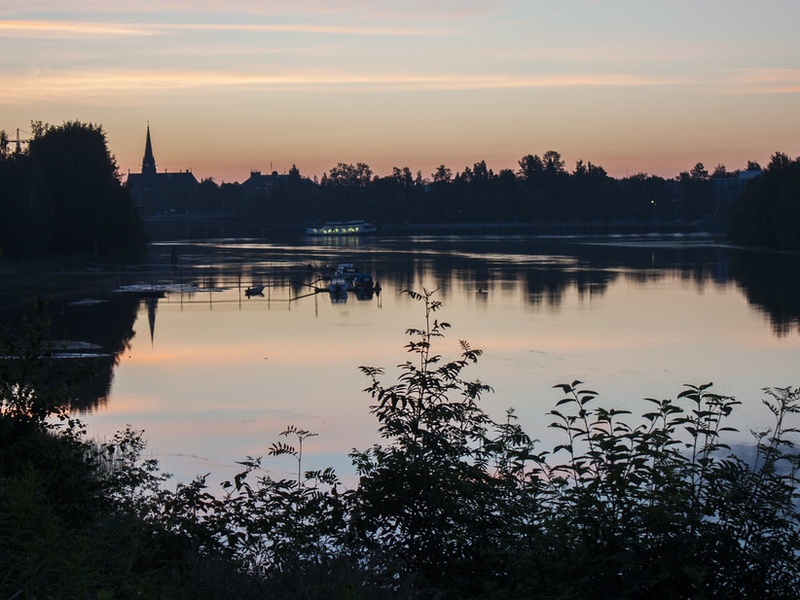
Ume älv
Ume älv flows from inland northern Sweden to the sea at Umeå in Västerbotten. It passes Vindeln and Umeå and includes hydro dams. It drains a large northern watershed and supports transport, industry, and nature areas. It is a main river on the Swedish east coast.
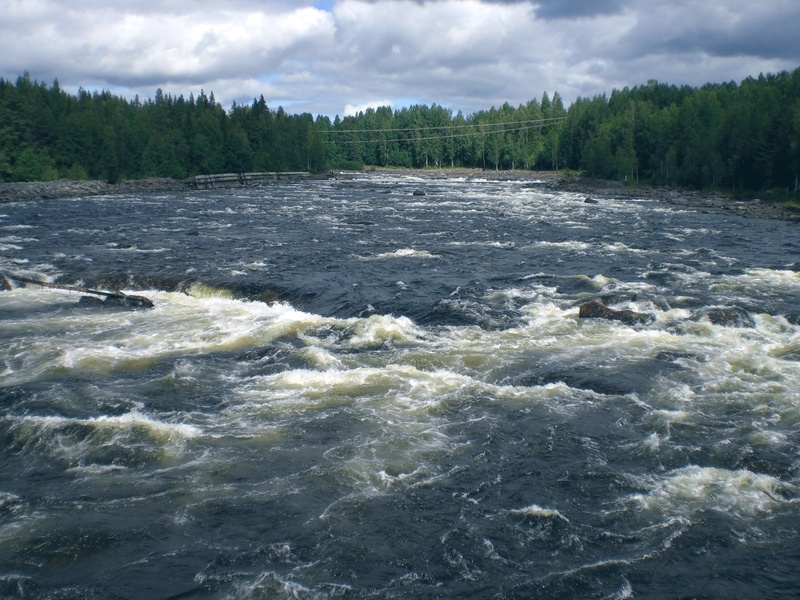
Vindelälven
Vindelälven joins Ume älv and flows from the mountains through Vindeln to the Ume river system. It runs through Västerbotten and northern Västerbotten. It is protected from major dams and retains long natural stretches. It is included for its conservation status and recreational value.
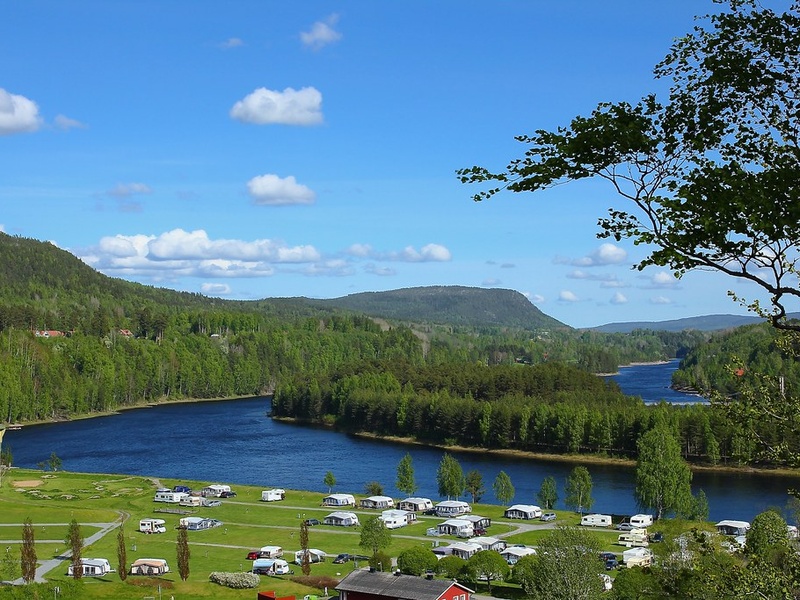
Ångermanälven
Ångermanälven flows southeast to the Bothnian Sea in Västernorrland. It passes towns such as Sollefteå and Kramfors. It drains a wide area of northern Sweden and supports several hydroelectric schemes. It is one of the larger rivers on the east coast.
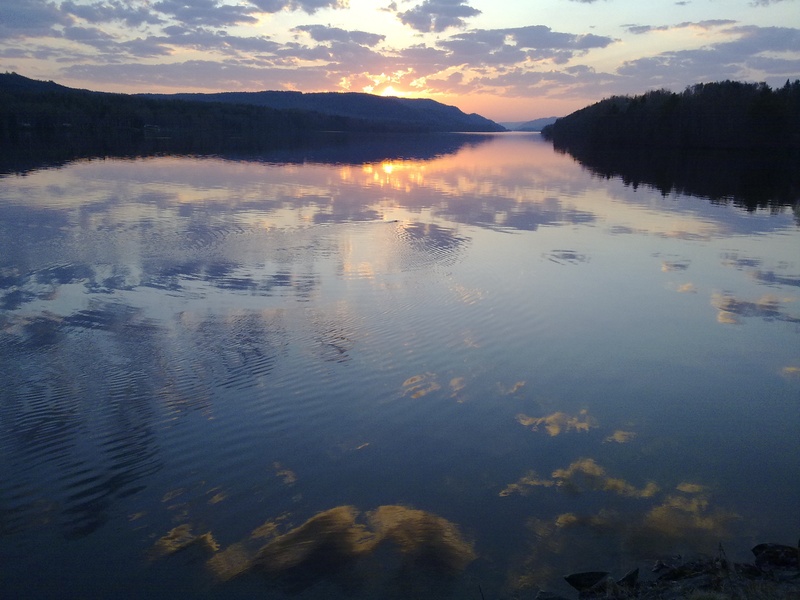
Indalsälven
Indalsälven runs from the Jämtland mountains to the Gulf of Bothnia on the coast near Sundsvall. It crosses Jämtland and Västernorrland and passes towns like Östersund and Ånge. It powers many dams and follows historic timber routes. It is key to central-northern Sweden’s river network.
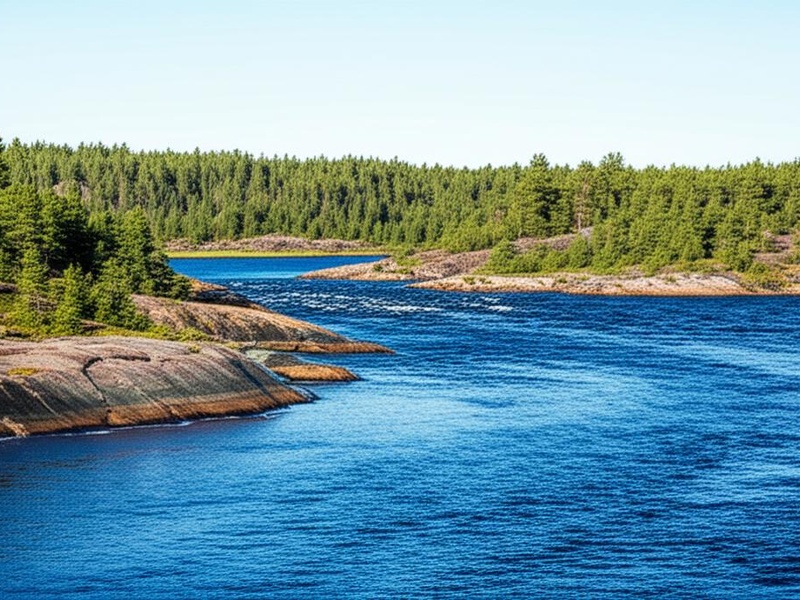
Ljusnan
Ljusnan starts in the mountains of Härjedalen and flows east to the Bothnian Sea in Gävleborg. It passes towns such as Bollnäs and Hudiksvall. It includes rapids and hydroelectric plants. It is important for local transport, energy, and outdoor activities.
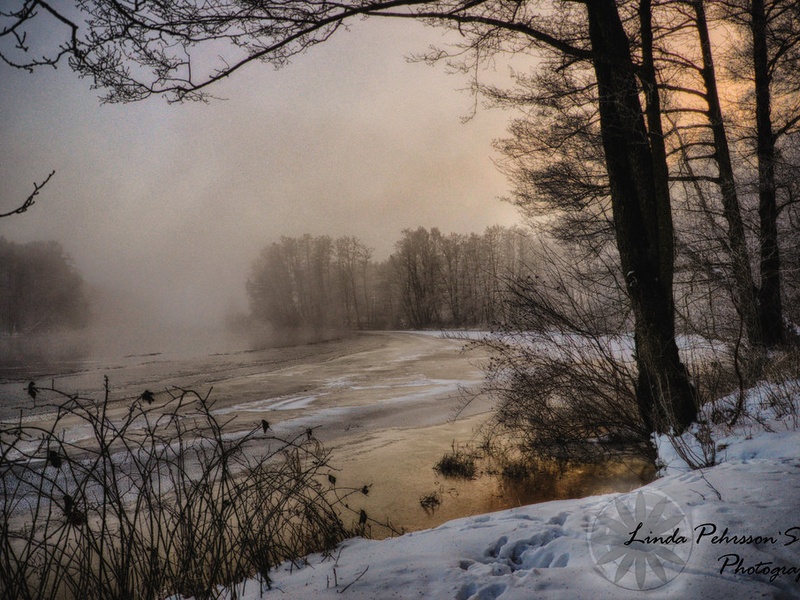
Lagan
Lagan flows south from Småland to the Kattegat at Laholm in Halland. It passes towns like Ljungby and Lagan. It runs through agricultural and forested land and supports local mills and recreation. It is a notable river in southern Sweden.
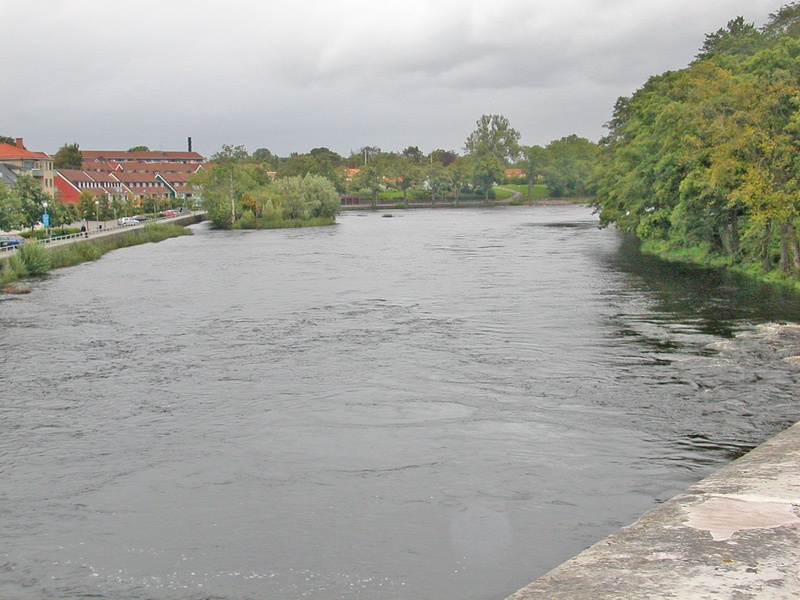
Ätran
Ätran runs through western Sweden to the Kattegat at Falkenberg in Halland. It flows past towns such as Falkenberg and supports salmon and sea trout runs. It drains mixed farmland and forest. It is included for its fishing value and regional importance.

Nissan
Nissan flows southwest through Halland to the Kattegat at Halmstad. It passes towns like Halmstad and crosses agricultural plains. It supports local transport, industry, and fishing. It is a notable southern river with urban and rural stretches.

Emån
Emån runs in southeastern Sweden through Småland to the Baltic Sea. It passes small towns and flows through lakes and wetlands. It supports rich wildlife and is popular for canoeing and fishing. It is included for its recreational and ecological value.
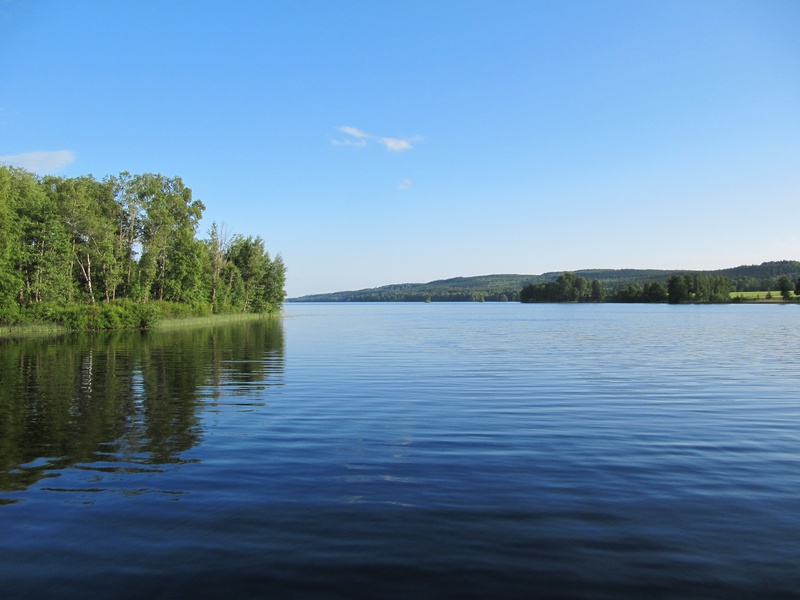
Mörrumsån
Mörrumsån flows in Blekinge to the Baltic Sea near Karlshamn. It passes the village of Mörrum and is famous for salmon fishing. It runs through forested countryside and small towns. It is included for its strong angling reputation.
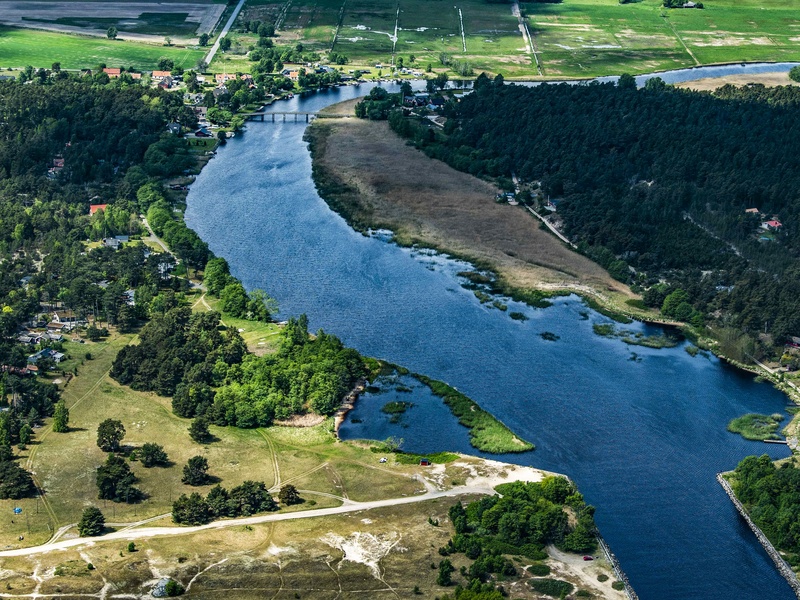
Helge å
Helge å flows in southern Sweden and drains into the Baltic Sea near Kristianstad in Skåne. It passes through the Kristianstad Vattenrike wetland. It supports rich birdlife and cultural sites. It is included for its ecological importance and wetland landscape.
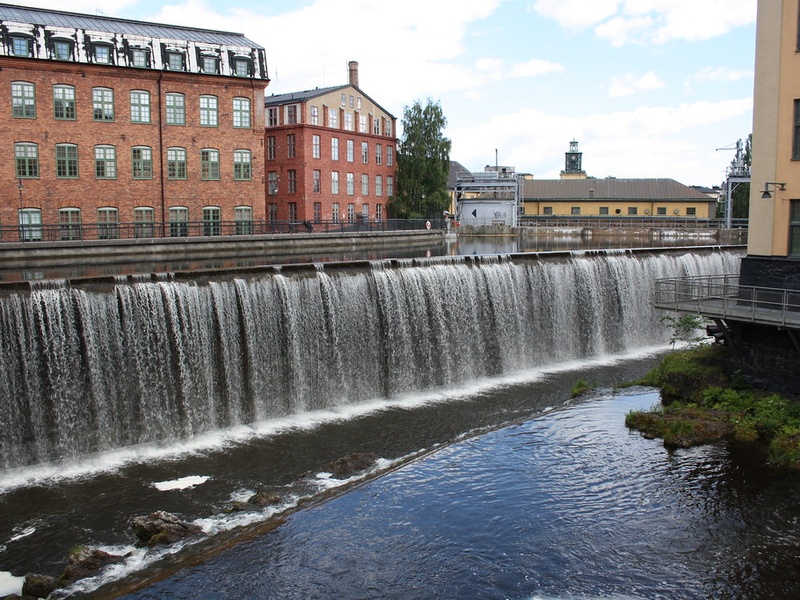
Motala Ström
Motala Ström flows from Lake Vättern eastward to the Baltic Sea near Norrköping. It passes Motala and Linköping and links inland lakes to the sea. It played a key role in Sweden’s industrial past and in water transport. It is included for its historical and geographic role.

